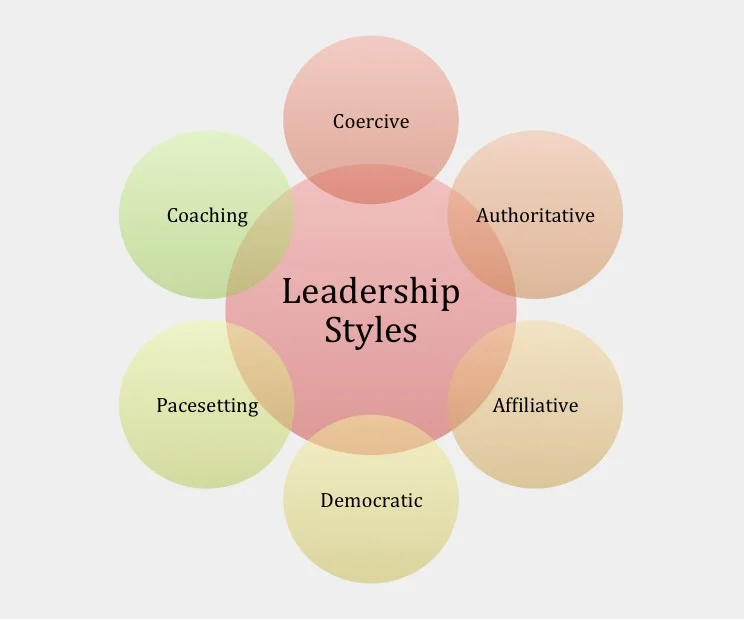Leadership Strategies: Leadership is the cornerstone of success in any endeavor, be it in the corporate world, community initiatives, or personal development. To truly lead effectively, one must navigate the complex landscape of human dynamics, decision-making, and adaptability. In this comprehensive guide, we will get into key strategies that define effective leadership, shaping not only successful organizations.
Qualities of a Visionary Leader

A visionary leader possesses a unique set of qualities that sets them apart. These attributes are not just desirable; they are essential for steering a team towards success.
Clear Communication
Effective leaders excel in communication. They articulate their vision clearly, ensuring that every team member understands their role and the overarching goals. This fosters a sense of unity and purpose.
Empathy in Action
Leadership isn’t solely about achieving objectives; it’s about understanding and empathizing with team members. A leader who listens and acknowledges the concerns of their team builds a culture of trust and mutual respect.
Decisiveness and Accountability
Leaders must make tough decisions. Decisiveness, coupled with accountability, ensures that choices are made promptly, and leaders take responsibility for the outcomes, whether positive or challenging.
Exploring Leadership Styles

Leadership is not a one-size-fits-all concept; various styles exist, each with its strengths and applications.
Transformational Leadership
This style focuses on inspiring and motivating team members to achieve their full potential. Transformational leaders lead by example, igniting passion and commitment among their followers.
Servant Leadership
In servant leadership, the leader prioritizes the needs of the team. By serving others, a leader builds a strong foundation of loyalty and dedication within the group.
Situational Leadership
Effective leaders adapt their approach based on the situation. Situational leadership involves assessing circumstances and adjusting leadership styles to suit the needs of the moment.
Strategies for Effective Team Building

A leader’s success is intricately linked to the strength of their team. Implementing these team-building strategies contributes to a cohesive and high-performing group.
Foster a Positive Work Environment
Creating a positive workplace culture is crucial. Encourage collaboration, recognize achievements, and provide constructive feedback to cultivate a supportive atmosphere.
Motivational Techniques
Motivated teams are more likely to achieve their goals. Leaders can employ various motivational techniques, such as goal-setting, rewards, and recognition, to inspire their teams.
Decision-Making and Adaptability
Decisions are the building blocks of progress. Effective leaders master the art of decision-making and possess the flexibility to adapt to change.
Informed Decision-Making
Leaders gather relevant information before making decisions. This ensures that choices are well-founded and aligned with the organization’s objectives.
Embracing Change
Change is inevitable, and leaders must navigate it effectively. Adaptable leaders guide their teams through transitions, fostering resilience and innovation.
Conflict Resolution for Leaders
Even the most cohesive teams face conflicts. How leaders handle these conflicts defines the overall success of the team and organization.
Constructive Conflict Resolution
Leaders address conflicts promptly and constructively. This involves active listening, open communication, and finding mutually beneficial solutions.
Leadership Development: A Continuous Journey
Leadership is not a destination; it’s a journey of continuous improvement. Aspiring leaders can take specific steps to enhance their leadership skills.
Learning Resources
Explore a variety of learning resources, such as books, courses, and mentorship programs, to continually develop leadership skills.
Case Studies in Leadership
Real-world examples provide valuable insights. Analyze case studies of successful leaders to understand their approaches and learn from both their triumphs and challenges.
FAQs
Q: Can anyone become a leader?
A: Leadership is a skill that can be developed. While some may have a natural inclination, anyone committed to learning and growth can become an effective leader.
Q: How important is adaptability in leadership?
A: Adaptability is crucial in a rapidly changing world. Leaders who can pivot and embrace change contribute to organizational resilience.
Q: What is the role of empathy in leadership?
A: Empathy builds strong interpersonal connections within a team. Leaders who understand and relate to their team members foster a positive and collaborative work environment.
Conclusion

In the pursuit of effective leadership strategies, one thing is clear: it’s a dynamic and multifaceted journey. As you embark on your path to becoming a leader in society and cultivating a leader mindset, remember that leadership is not about perfection; it’s about continuous improvement. Embrace the challenges, learn from experiences, and lead with vision and purpose. After all, true leadership is not about delving into perfection; it’s about inspiring progress and growth.












